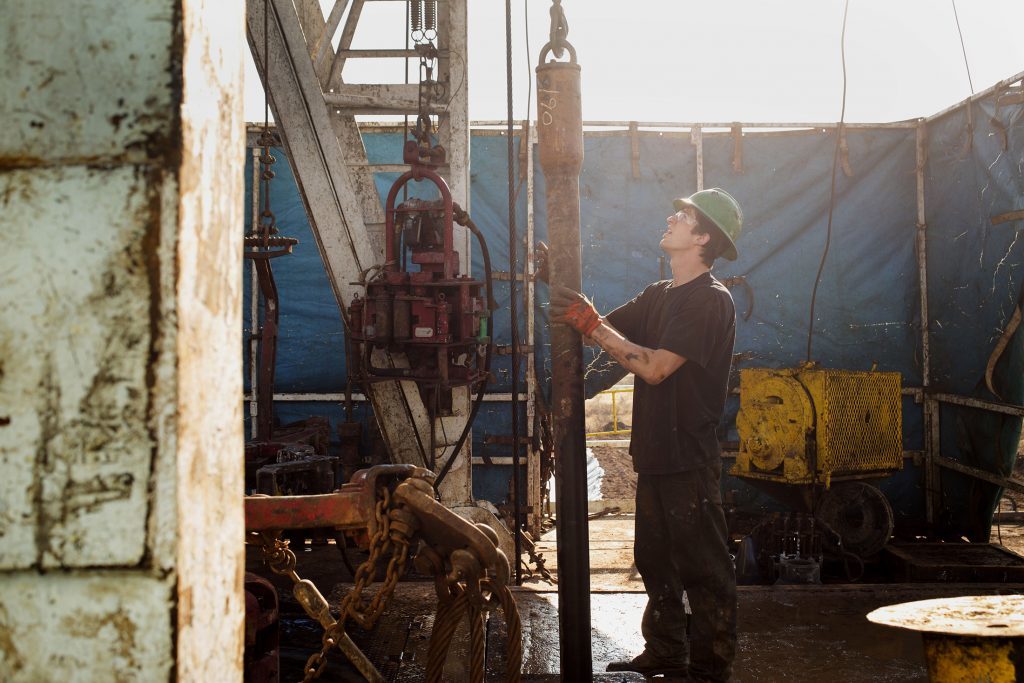
Inflation held steady in May, despite surging oil prices due to tensions in the Middle East.
Figures from the Office for National Statistics (ONS) show the Consumer Prices Index (CPI) remained at 2.4% in May, unchanged from April and in line with economists’ expectations.
The steady level of the cost of living came despite a rise in fuel prices, with the price of petrol up 4.6p per litre month-on-month to 125.3p, the largest rise since January 2011.
Diesel prices rose 4.7p per litre to 129.2p.
Mike Hardie, head of inflation at the ONS, said: “Recent large rises in the cost of crude oil have fed through to prices paid by consumers at the pump. Air fares and ferry prices also contributed to the overall increase in inflation due to the timing of Easter.
“However, these effects have been partly offset by price falls in computer games and energy costs rising by less than this time last year.”
Sterling was trading 0.4% down versus the dollar at 1.33 and 0.3% down against the euro at 1.13 following the news.
Global oil prices have been rising due to tensions in the Middle East after US President Donald Trump said America was walking away from the Iran nuclear deal, raising the threat of a drop in production from the region.
The ONS said increases in global prices were also related to declines in production in Venezuela.
However, Brent crude prices have been volatile more recently on reports that Russia and Saudi Arabia could increase oil production.
Samuel Tombs, chief UK economist at Pantheon Macroeconomics, said the data would enable the Bank of England to keep interest rates on hold at 0.5%, having backed away from a rate rise earlier this year.
He said the central bank’s Monetary Policy Committee was likely to wait until next year before raising rates again.
Andrew Sentance, senior economic adviser at PwC, said: “We seem to be in a period of stagflation. Inflation is relatively high and growth is weak, with the UK close to the bottom of the G7 growth league and close to the top of the inflation league.
“The combination of Brexit and the Bank’s reluctance to raise interest rates is creating a very uncomfortable position for the UK economy.”
Air fares, which were influenced by the early timing of Easter this year, registered annual inflation of 8.2%, having fallen by 7.9% in the prior month.
Food price rises eased in May, with inflation coming in at 2%, down from 2.3% in the prior month.
Households were also hit with a rise in electricity bills, which were up 4.5% year-on-year. However, this was down from inflation of 8.6% in April.
A series of energy companies have announced increases to tariffs recently, and economists expect these bill hikes will continue to feed through to families throughout the summer.
The Retail Prices Index (RPI), a separate measure on inflation, was 3.3% last month, down from 3.4% in April.
The Consumer Prices Index including owner-occupiers’ housing costs (CPIH) – the ONS’ preferred measure of inflation – was 2.3% in May, up from 2.2% in April 2018.
Recommended for you
